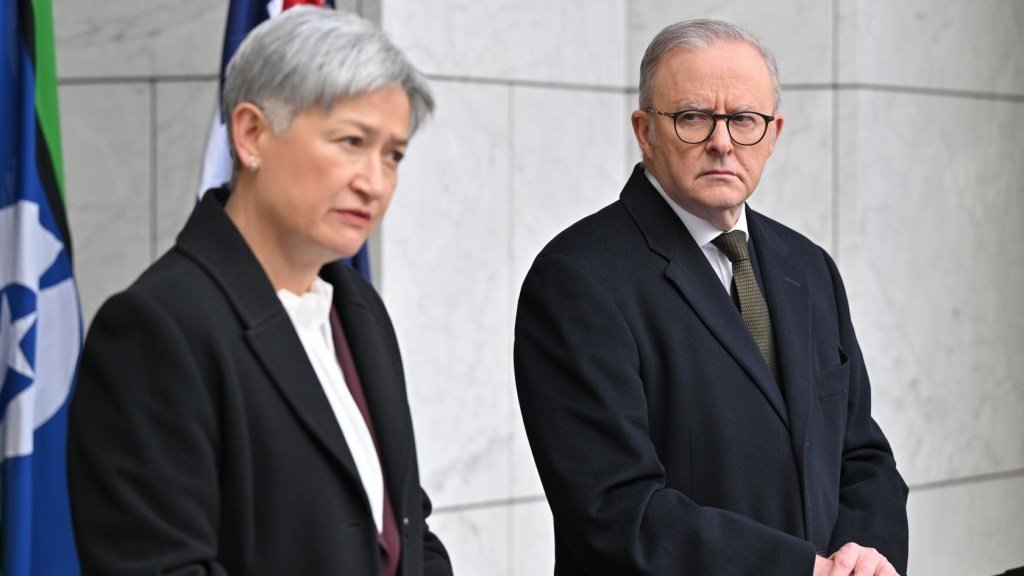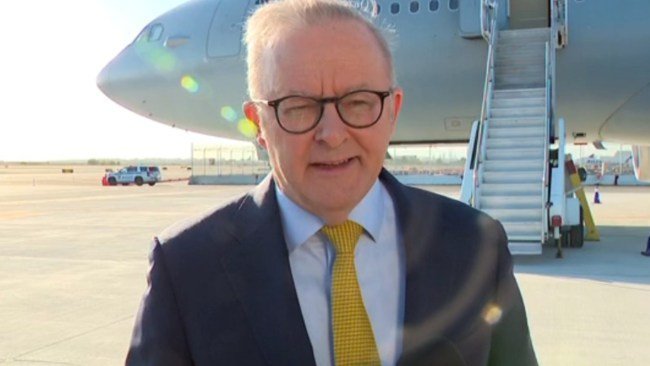Australia Takes a Historic Stance: Palestinian State Recognised in Bold Move That Puts Canberra at Odds with Washington
- Australia joins over 150 countries in recognising Palestine as a sovereign state, sparking a fresh wave of international support for a two-state solution.
- Prime Minister Anthony Albanese hails the move as a “reflection of Australia’s longstanding commitment” to a peaceful resolution, but Israel’s government slams the decision as a “huge reward to terrorism.”
- The bold stance puts Australia at odds with the US, whose Trump administration has traditionally opposed Palestinian recognition, and may strain relations between the two nations.
Anthony Albanese has made a landmark announcement in New York, declaring that Australia will formally recognise Palestine as a sovereign state, a move that sends a powerful signal to the international community and puts Canberra at odds with Washington.
In a joint statement with Foreign Minister Penny Wong, Mr Albanese said the decision reflected Australia’s “longstanding commitment to a two-state solution” and its desire to “use this statement in conjunction with other partners to make this declaration.”
The move is seen as a significant shift in Australia’s stance on the Israeli-Palestinian conflict, and has been welcomed by the Palestinian Authority as a “prerequisite for peace.” However, Israel’s government has been quick to denounce the decision, labelling it a “huge reward to terrorism.”
Speaking in New York, Senator Wong said Australia would take initial practical steps to update references in government documents and communications to refer to the “State of Palestine” or “Palestine”, rather than the “Occupied Palestinian Territories.” Further steps would include establishing embassies to follow progress on reforms committed to by the Palestinian Authority.

The decision comes at a critical time, with the Middle East region mired in conflict and tensions running high. Mr Albanese’s government has been under pressure to take a stance on the issue, and the prime minister has made it clear that Australia’s foreign policy will not be influenced by other nations.
“Our foreign policy isn’t determined in Washington, or Beijing, or Wellington for that matter,” he said. “We take our own position as a sovereign nation.”
The move has sparked a fresh wave of international support for a two-state solution, with France, Belgium, and Portugal among the countries using the occasion of the UN assembly to recognise Palestine. However, the decision is likely to strain relations between Australia and the US, whose Trump administration has traditionally opposed Palestinian recognition.
In a stark warning, Israel’s prime minister, Benjamin Netanyahu, said the recognition would not lead to the establishment of a Palestinian state, insisting that he had “prevented the establishment of this terrorist state in the face of enormous pressure both from within and without.”
The Palestinian Authority’s foreign minister, Varsen Aghabekian, welcomed the announcement but called for “concrete action” to help statehood become a reality and to pressure Israel into showing restraint in the occupied territories.

